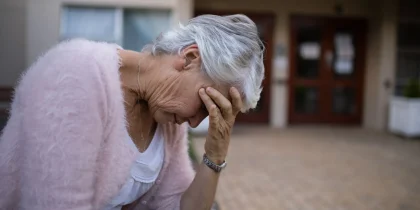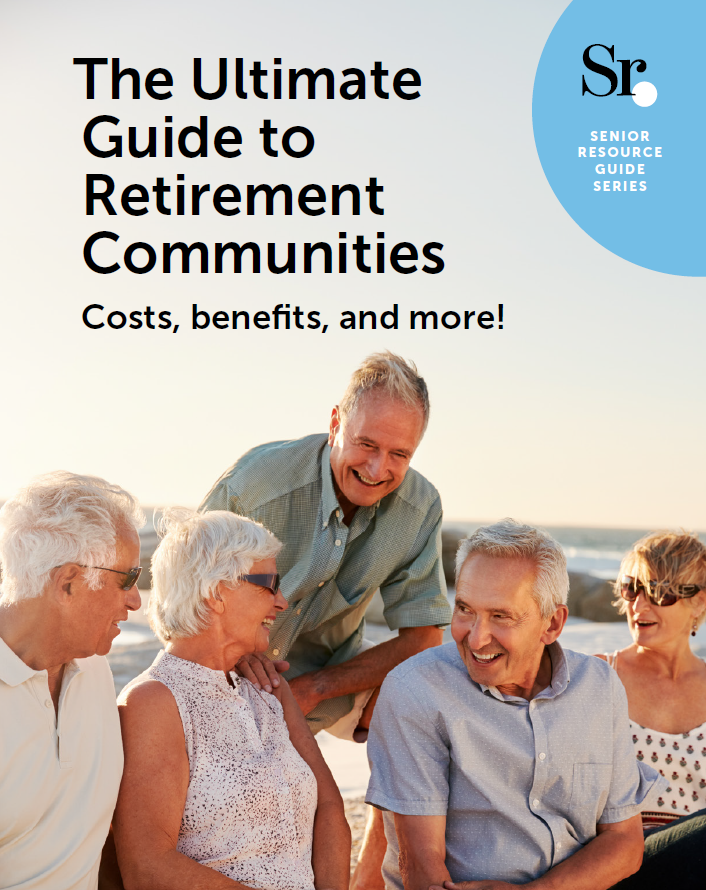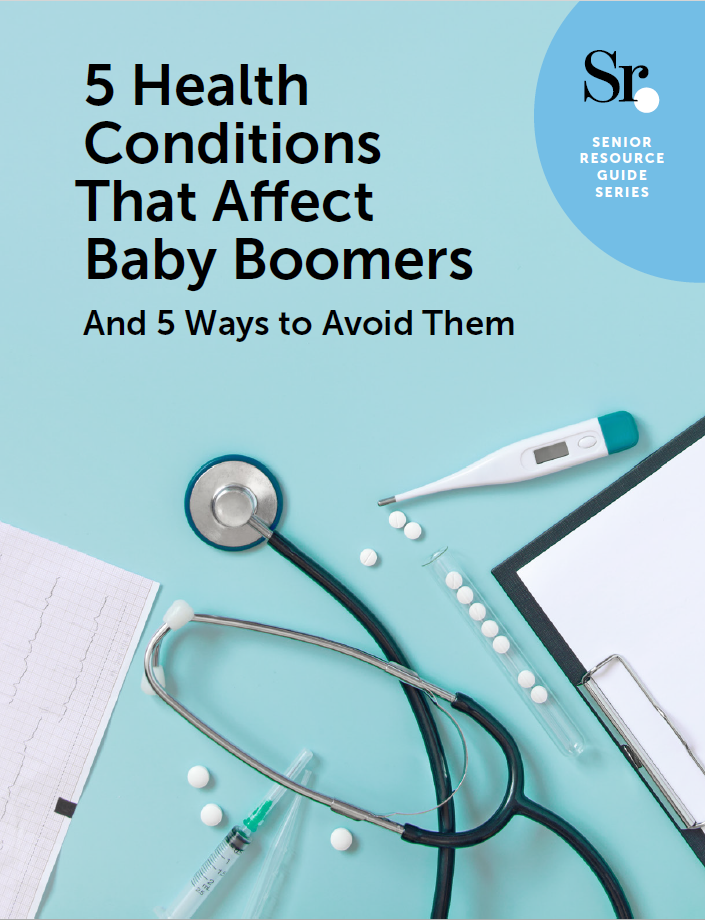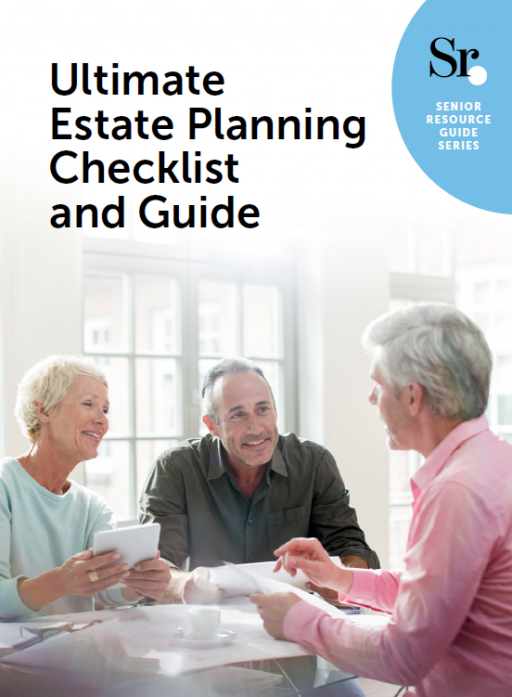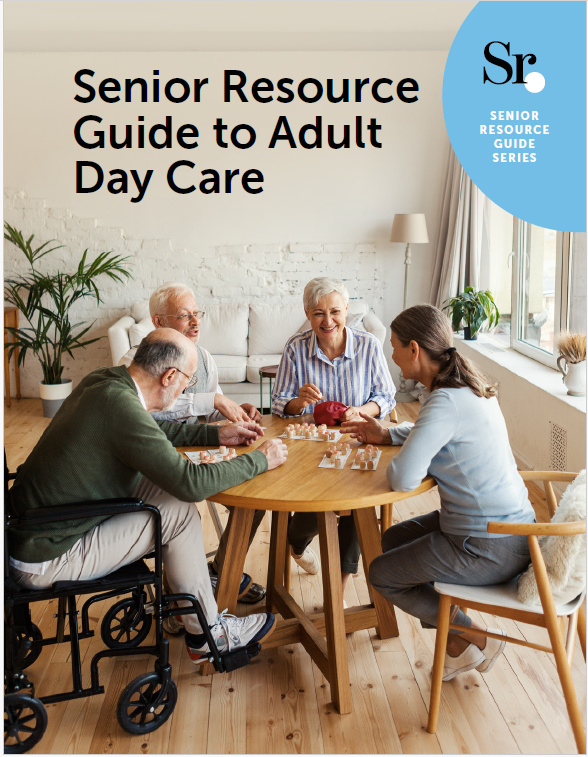4 Types of Risks Boomers Should Avoid
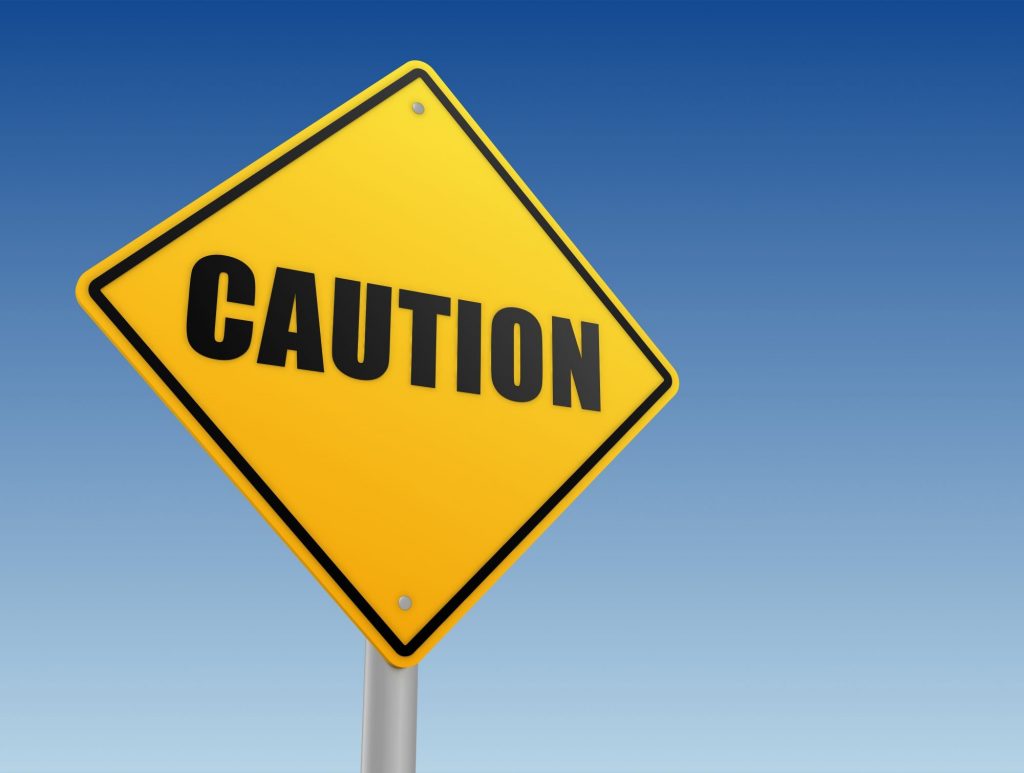
At a certain point, all Boomers realize that we have more to lose than gain. Life in itself is a risk, but for older adults, the risks grow exponentially with the passing years. From financial to health to relational risks, no one is immune. However, you can make choices that’ll help you avoid some risks. Here are 4 different types of risks aging Boomers might face—and all the ways you can avoid them.
Boomer Health Risks
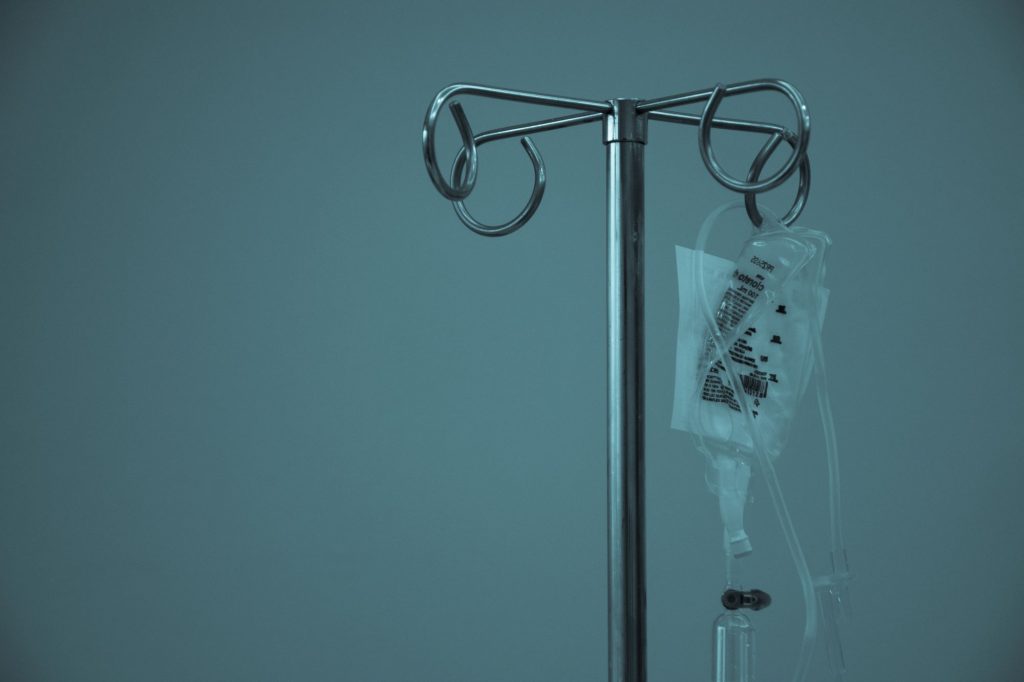
We Boomers face many health risks as we age. Some of the most common health concerns may include (according to the Science of Health):
- Cardiovascular disease
- Diabetes
- High blood pressure
- Cancer
- Respiratory diseases, such as COPD
While these are very serious health concerns, there are several steps Boomers can take to mitigate the risk. Here are 5 steps to achieve better health!
1. Exercise and choose more whole foods.
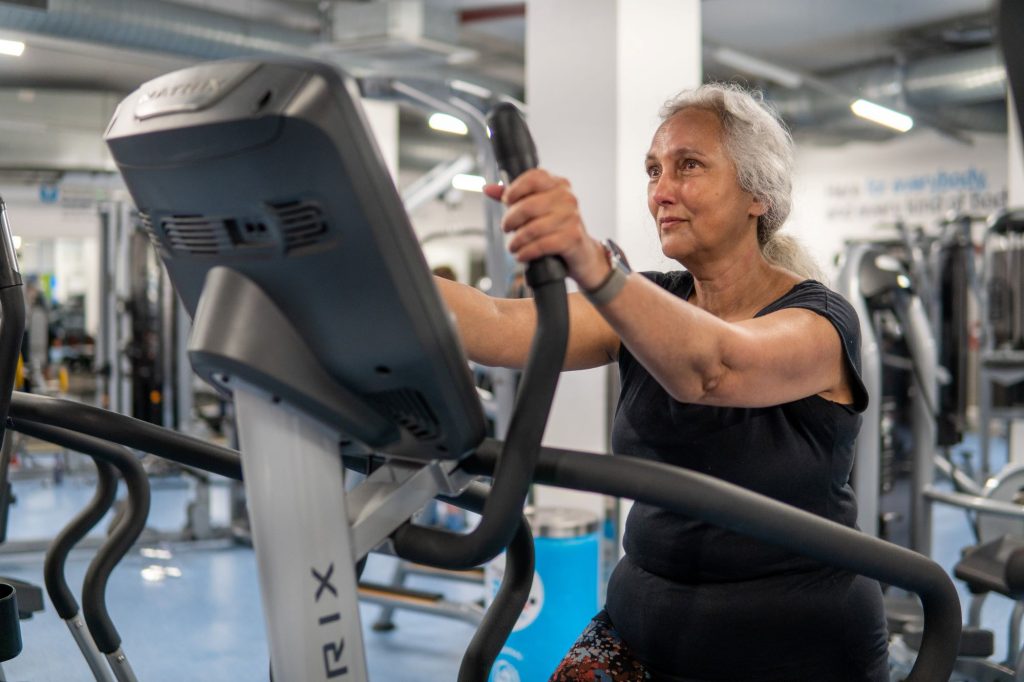
Diet and exercise are important at every stage of life but may be imperative for Boomers. Exercising and eating well not only have positive impacts on your physical health; they offer an array of cognitive benefits, too! Try to exercise at least 30 minutes a day, 5 days a week. Choose an apple instead of a cupcake for dessert. Drink more water and less sugary soda. Small changes can mean big improvements!
2. Avoid smoking.

Maybe you started smoking as a teen because all of your friends were doing it. Or maybe you find it relaxing. Whatever your reason for your nicotine habit, it’s time to break it! Smoking can be harmful to one’s health for a variety of reasons. It increases the risk of several chronic conditions—including tuberculosis and lung disease. The solution is simple: Throw away those cigarettes and don’t look back!
3. Wash your hands frequently.

As we all know by now, COVID-19 sickened and even killed many Boomers. Even though life has slowly but steadily returned to normal, it’s still important to take certain precautions. Such as—washing your hands. Many infectious diseases are spread from one person to another through contaminated hands. In other words, wash your hands often, with soap and hot water!
4. Avoid stress.
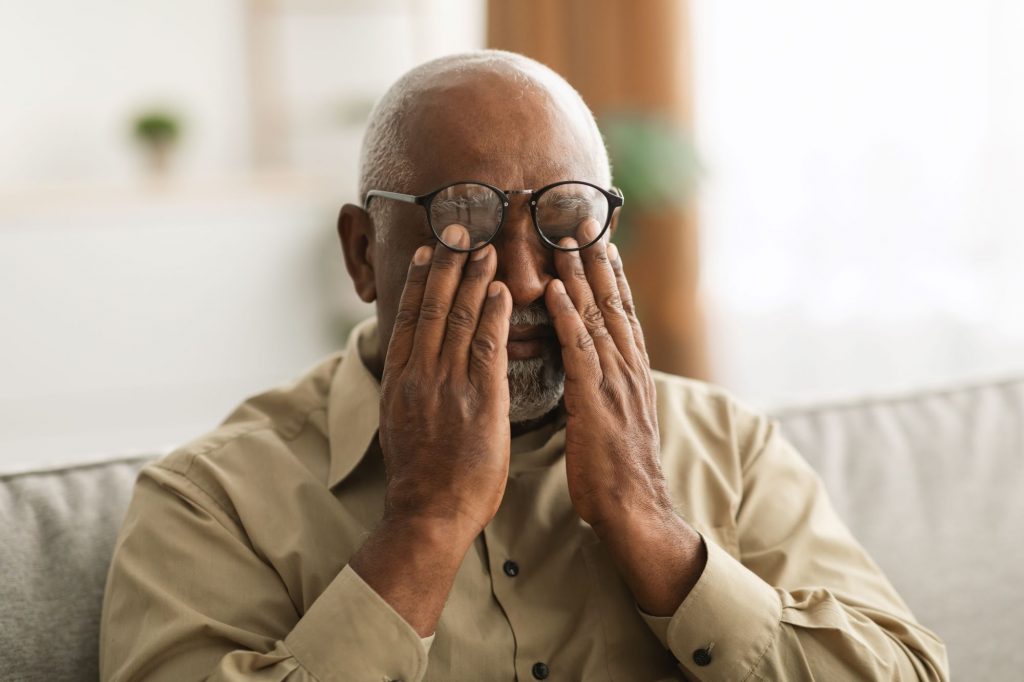
We tend to think of stress as impacting our emotional health. But stress actually targets our physical health, as well. As a matter of fact, chronic stress affects all areas of our body—from respiratory to cardiovascular to our gastrointestinal and nervous systems (according to the American Psychological Association). That’s why it’s important to avoid stress at all costs!
5. Get regular medical health check-ups and screenings.
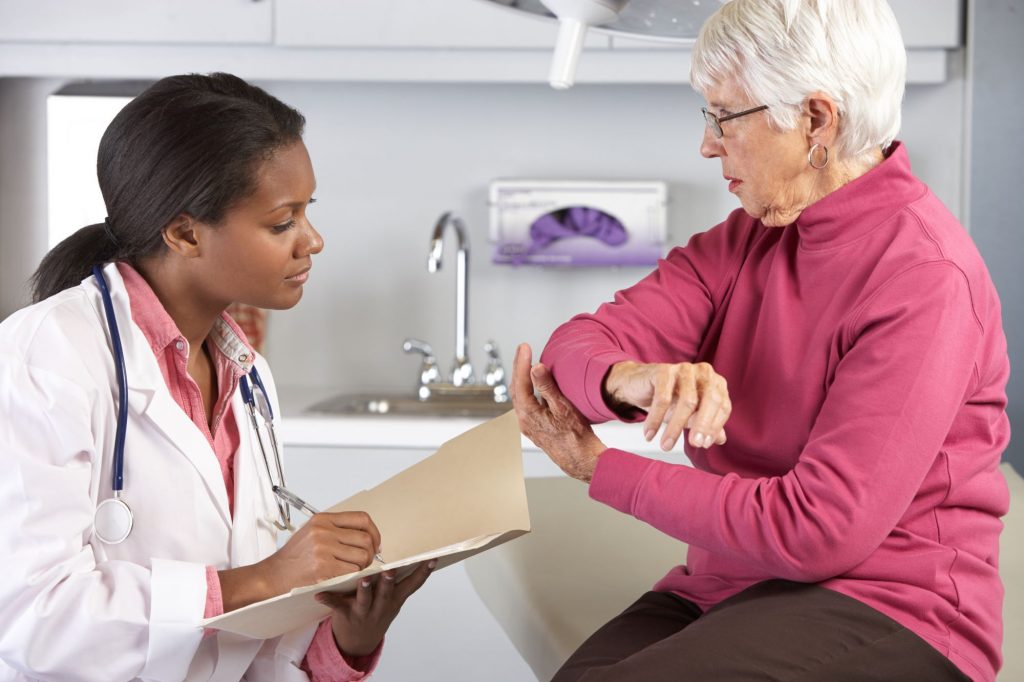
Preventative care is important. If you’re concerned about a rash that hasn’t gone away or a suspicious bump on the back of your head, make sure to have it checked it out! Even if it turns out to be something totally innocuous, it’s better to be safe than sorry—especially when it comes to your health.
Boomer Financial Risks

Paying off debt is easy to understand but hard to do. If you have no debts, you’re in a better position and have more options. Having savings is better than having stuff. Here are 5 steps to financial freedom!
1. Avoid debt at all costs.

Statistics show that Boomers have over $25,812 in non-mortgage debt. Debt poses a great financial risk to you. My advice? Pay off any outstanding debts that you currently owe and start making more prudent decisions when it comes to your money in the future.
2. Coupon and scrimp as much as possible.
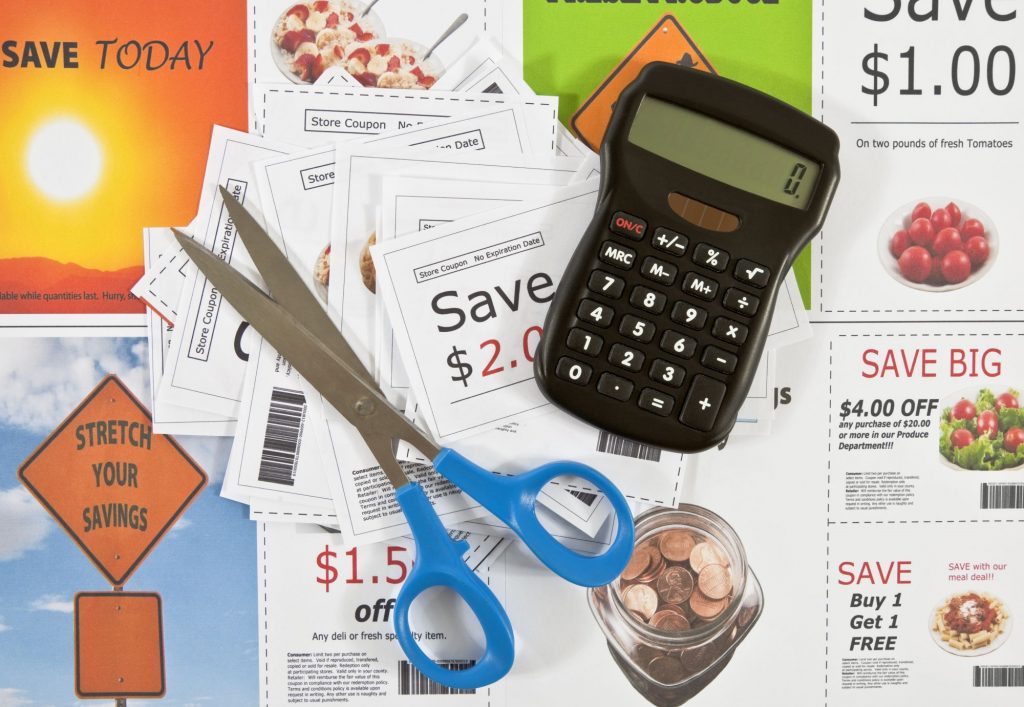
If you’re like me and still like to buy a physical newspaper, there’s a pretty good chance you often run across a page with coupons. Don’t just throw that page away or use it for kindling. Save those coupons and use them next time you go to the store! Try to save money in other ways, too. Not eating out as frequently is a good place to start. Limit your impulse purchases, too.
3. Don’t put all your eggs in one basket.

In other words, don’t just have one investment upon which you stake your entire financial future. Have multiple investments! Multiple portfolios, even. This method of risk mitigation is known in the financial trade as diversification. Allocate your assets in various ways.
4. Don’t invest in something if you don’t understand it.

Many people invest in stocks. Nowadays, some adventurous people are even trading cryptocurrency! However, before you invest in anything, it’s important that you research it first. Some investments are more volatile than others. Make sure you do your due diligence and research, research, research. Hire a financial advisor. Don’t take the plunge unless you know exactly where it leads!
5. Don’t gamble.

Most of us have tried our hand at a slot machine or two. Or maybe your version of gambling is buying a lottery ticket. However, gambling comes with a lot of financial risk. Be cautious and stay informed. Living on the edge may’ve been fun when you were young, but even Boomers have to slow down and grow up!
Boomer Relationship Risks

Finding that perfect person to grow old with can be beneficial to one’s emotional and mental health. Of course, friendships can also be equally fulfilling! Relationships—both platonic and romantic—can be hard work! Not to mention, all relationships come with risks. Here are 5 steps to better, and more secure, relationships.
1. Communicate.

Oftentimes, miscommunication is identified as the biggest relationship killer. When two people aren’t on the same page, it’s hard to be cordial. The key to better relationships is better communication. Don’t just assume the other person’s thoughts or feelings. Talk a lot, and often. Make good communication your top priority. From one Boomer to another—you won’t regret it.
2. Be honest.
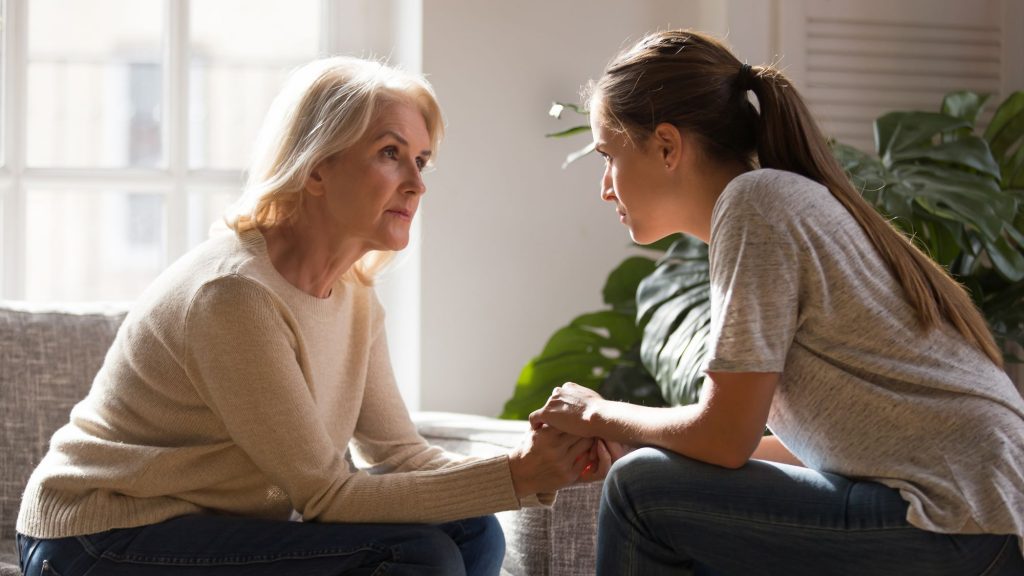
Good communication is only one-half of the solution. You also have to be honest. Speak your mind, even when it’s hard. Even when it goes against your natural people-pleasing tendencies. Even when it might lead to an uncomfortable discussion. You gain nothing by lying or even suppressing your thoughts.
3. Avoid stressful people.

Look—there are certain people who get under our skin. Others might raise our blood pressure. There’s no law that states you have to be around people who, for one reason or another, make you feel less than your best. That doesn’t give you a free license to be mean or rude but try to avoid stressful people as much as possible. Be polite but distant.
4. Be loyal.
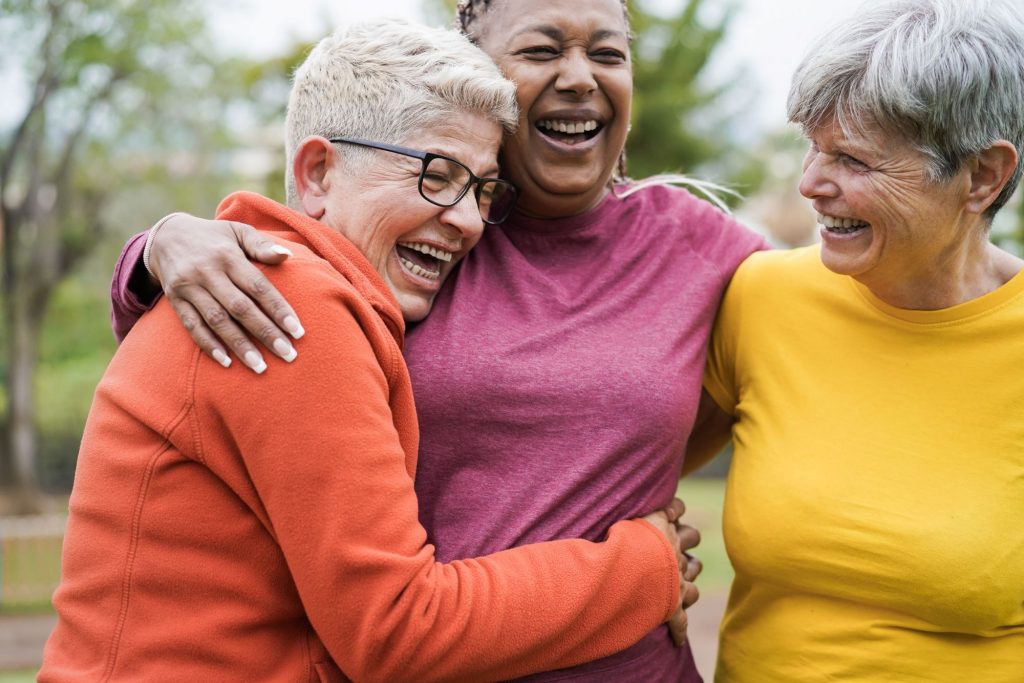
This sentiment rings true in both friendships and romantic relationships! Don’t be a double-minded person who can’t pick a side. If somebody is gossiping, don’t participate. Be loyal and true to the people in your circle. Prioritize them. Stay by their side and let them know how much they mean to you!
5. Avoid divorce.

There are some instances where divorce is warranted. However, there are other instances where it might not be the best solution. If you want a divorce because you can’t see eye-to-eye with your spouse, try marriage counseling instead. Or, if you don’t connect anymore, start making time for each other and have those important conversations. If you don’t have the same interests anymore, try to find common ground. Sometimes, peace isn’t as impossible to achieve as it may seem.
General Boomer Living Risks

As I mentioned, life itself often poses serious risks! Here are 5 tips on dealing with the risks that go along with general living.
1. Have a network of reliable friends and neighbors.
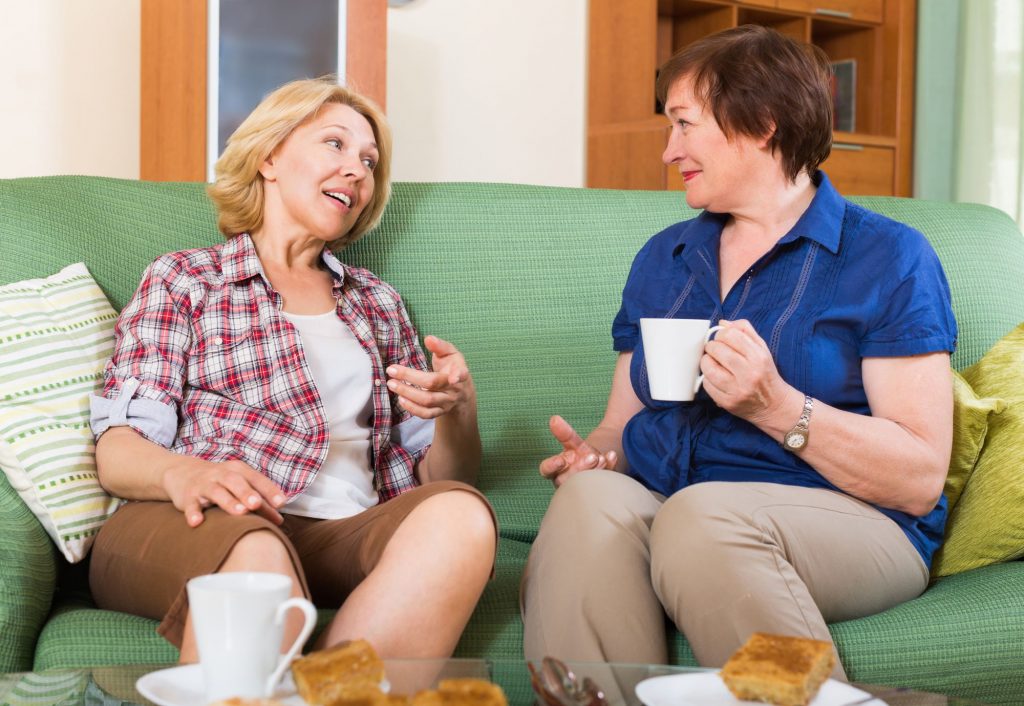
If you haven’t found your people yet, I’d advise you to start looking. Those connections are very important. In fact, they might even make you healthier! Studies show that friendships help seniors battle loneliness and may even promote cognitive health!
Related: 10 Ways to Make Friends After 60
2. Think carefully about things before you do them.

Let me be frank—you’re not in your twenties anymore. Things that weren’t risky for you as a young person, may now be incredibly risky at your current stage of life. So, before you mount a horse or strap a pair of roller skates onto your feet, make sure you weigh all the pros and cons first. Ask yourself important questions. Like: Am I physically fit enough to handle this? What could happen if I fall? Take care of yourself!
3. Consider moving into a retirement community.

Maybe you’re a widow or a widower, or maybe you’re somebody who decided long ago that marriage isn’t for you! Whatever the case, living alone can be a risk, especially as we age. If you have the means, consider a retirement community! Not only do most of these communities offer resort-style amenities and top-of-the-line accommodations, but they’re also a great way to make those all-important social connections I mentioned in my first tip.
4. Stock up on essentials.

Life is unpredictable. That’s why the pandemic caught us all off guard. One day, we were living life as normal, and the next, we weren’t allowed to eat at our favorite restaurants. Having an extra supply of cash, food, water, and other bare essentials on hand certainly can’t hurt. Always be prepared for the unprepared!
5. Don’t fret about the small things.

Maybe it’s just me, but I’ve noticed in my older age I’ve started to focus more on minutiae. Tiny things that would’ve escaped my notice as a younger man now worry me into a dither. Stressing about all of life’s small inconveniences isn’t pleasant. My advice? Do what you enjoy. Pursue what makes you happy. And remember—it’s impossible to avoid all risks. However, don’t let fear hold you back from living life to its fullest. After all, some risks are worth taking.
Popular Articles About Retirement Lifestyle
Originally published October 17, 2023



